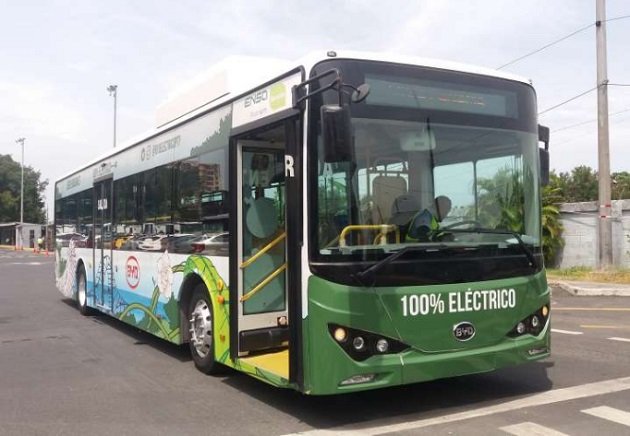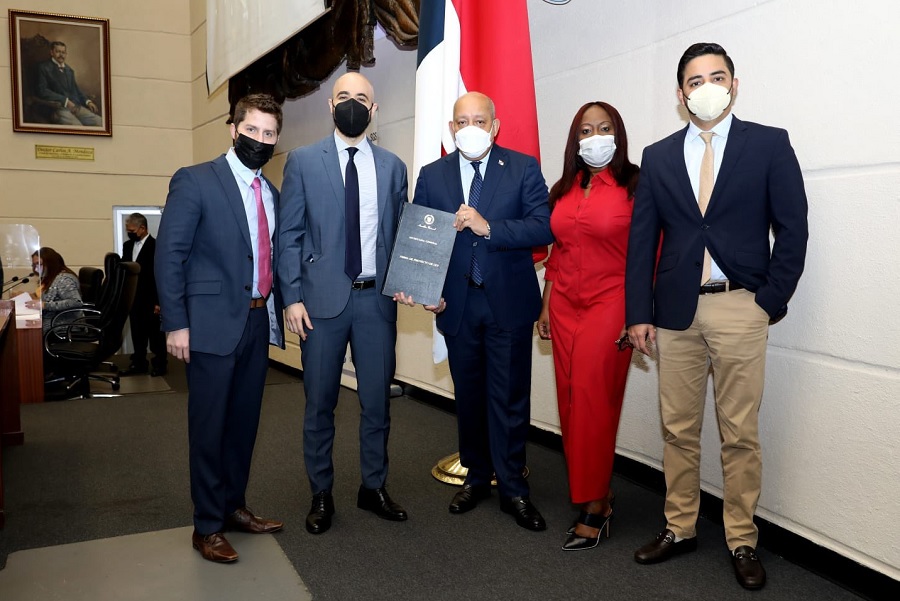Panama’s President Laurentino Cortizo sanctioned the Electric Mobility Law, with the aim of encouraging the use of clean technologies in transportation and reducing carbon emissions (CO2).
The new legislation regulates the development and operation of electromobility in the country, promoting the transition from internal combustion to electric transportation. It also implements measures and incentives in the public, private and academic sectors.
Within the framework of this legislation, autonomous and semi-autonomous public institutions must progressively replace their fleet of vehicles that use fuel with electric cars.
In Numbers
As of 2025, 10% of vehicles of public entities and collective and selective transport must be electrified; in 2027 this percentage increases to 25% and in 2030 it will be 40%.
In the case of mass transportation, collective and selective public transportation certificates, a minimum of 10% of the car fleet must be electric by 2025; by 2027 the percentage increases to 20% and by 2030 it will be 33%.

The Transit and Land Transportation Authority (ATTT) will be in charge of carrying out the annual review, so that transportation operators comply with the replacement of internal combustion vehicles to electric vehicles. Failure to comply will result in penalties such as the cancellation of the operating certificate.
In this sense, electric transport units will carry a green license plate, while the National Energy Secretariat and the municipalities will manage everything related to electric charging stations.
In addition, the municipalities will work on the exoneration of the payment of the vehicle license plate for a period of five years, counted from the date of purchase of new electric cars, and from the date of enactment of the Law for electric cars acquired previously.
Cortizo emphasized that this new law is aligned with the Government’s energy strategy of migrating towards less polluting energy sources, a policy that today takes on greater importance with the increase in hydrocarbon prices due to external geopolitical factors”.
The President explained that the energy transition is contemplated in his administration’s plan, with proposals for the change of technology in different areas of production as a route towards a more modern, cleaner and environmentally friendly country.
The Vice President of the Republic and Minister of the Presidency, José Gabriel Carrizo Jaén, signed the document, followed by the President’s approval.
The act was also attended by the National Secretary of Energy, Jorge Rivera Staff; the administrator of the National Authority of Public Services of Panama, Armando Fuentes Rodríguez; Congressman Edison Broce (proponent of the Law), the Director of the United Nations Program for the Environment in Latin America and the Caribbean, Jaqueline Álvarez; and representatives of banking entities and private companies.




